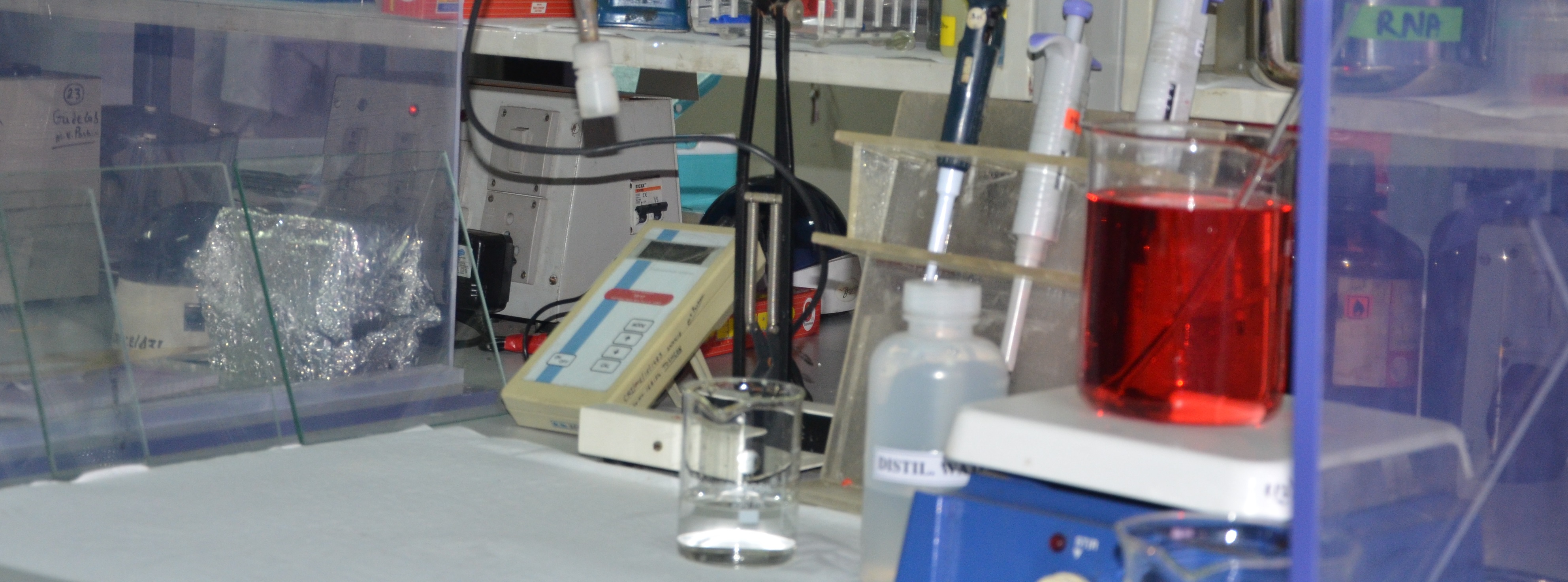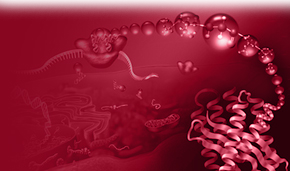|
|

|
|
Science Sparks @ ACTREC
|
 10th January 2022 10th January 2022 |
Vol. No. 11; Issue No. 508 |
|
|
Publications
|
|
1. Khanna N, Ghosh Laskar S, Gupta T, Agarwal JP (2022). Compliance with radiotherapy treatment in an apex cancer center of India. JCO Global Oncology. e2100201.
2. Jain A, Nayak L, Kulkarni UP, Mehra N, Yanamandra U, Kayal S, Damodar S, John JM, Mehta P, Singh S, Munot P, Selvarajan S, Radhakrishnan V, Lad D, Kapoor R, Dubashi B, Bharath RS, Jain H, Jayachandran PK, Lakshmanan J, Mani T, Thorat J, Das S, Karunamurthy O, George B, Sengar M, Malhotra P (2022). Outcomes of patients with hematologic malignancies and COVID-19 from the Hematologic Cancer Registry of India. Blood Cancer Journal. 12(1):2.
|
|
|
|
|
|
|
Legends of Science
|

|
Manchanahalli Rangaswamy Satyanarayana Rao
M R Satyanarayana Rao, doctorate from the Indian Institute of Science, Bangalore in 1973 worked on the regulation of heme synthesis in liver. He initiated various genomics programs at IISc and worked on the role of Vitamin A in cellular differentiation. Credited as the first scientist to initiate Chromatin Biology Research in India, he is actively running Chromatin Biology Laboratory at the Jawaharlal Nehru Centre for Advanced Scientific Research, Bangalore. He was Member, Scientific Advisory Groups, ICMR, 2012-2017 and Chairman of Basic Medical Science, ICMR during 2014-2017. He has been awarded with Shanti Swaup Bhatnagar Award in 1988 and Padma Shri in 2010.
|
|
| |

|
Umesh Varshney
Umesh Varshney received his PhD degree from the University of Calgary, Canada in 1985. His primary research area is protein synthesis and DNA repair in Escherichia coli and Mycobacterium tuberculosis. Dr Varshney's efforts were instrumental in bringing together a group of scientists in India interested in RNA research known as 'RNA Group'. Currently the Chairman of the division of Biological Sciences, at the IISc, he is the collaborator of the Genome Metabolism and Biostruct Laboratory, Budapest. Dr. Varshney has been awarded with Shanti Swarup Bhatnagar Award in 2001; G N Ramachandran Gold Medal for Excellence in Biological Science & Technology in 2014.
|
|
| |
|
|
|
|
Do You Know?
In 2007, a large study showed that a new drug, Sorafenib( Nexavar), extends the lives of patients with advanced, inoperable hepatocellular carcinoma.
|

|
|
|
Cancer News
|
| |
|
Secondary structures in DNA are associated with cancer
|
|
03 January 2022, MedicalXpress
|
|
A new cancer study reports that DNA manifested as knot-like folds and third rungs between DNA's two strands may drive cancer development, and an important regulatory enzyme could be associated with the formation of these unusual structures...
|
|
|
| |
|
|
|
First time genome editing made possible on cells lining blood vessel walls
|
|
04 January 2022, ScienceDaily
|
|
Researchers have developed a unique nanoparticle to deliver genome editing technology, including CRISPR/Cas9, to endothelial cells, which are cells that line blood vessel walls. This is the first time that vascular endothelial cells could be reached for genome editing, since the usual way to deliver CRISPR/Cas9 -- through a virus -- does not work for this cell type...
|
|
|
|
|
| |
|
5-gram increase in fiber intake may lower melanoma progression by 30%
|
|
05 January 2022, MedicalNewsToday
|
|
In a new observational study, Prof. Wargo and her colleagues found that people with melanoma who ate a high-fiber diet responded better to immune therapy.These individuals were significantly more likely to survive without their cancer worsening after around 13 months of treatment.ogression by 30%....
|
|
|
|
|
© 2022 Advanced Centre for Treatment, Research and Education in Cancer (ACTREC)
|
|
